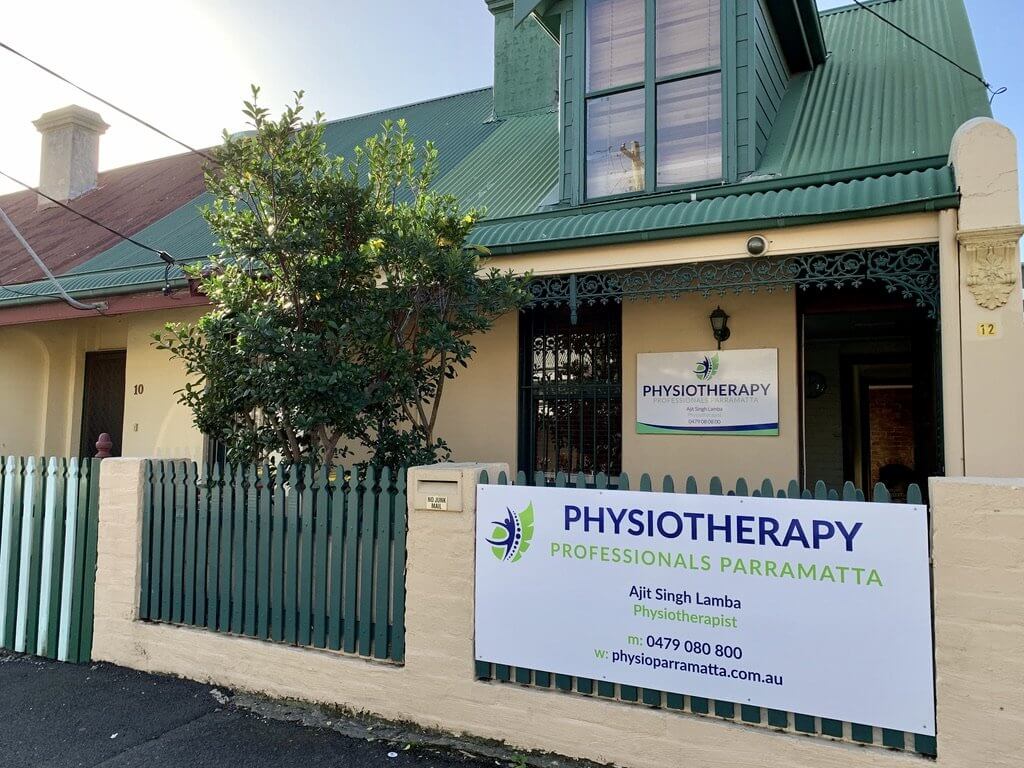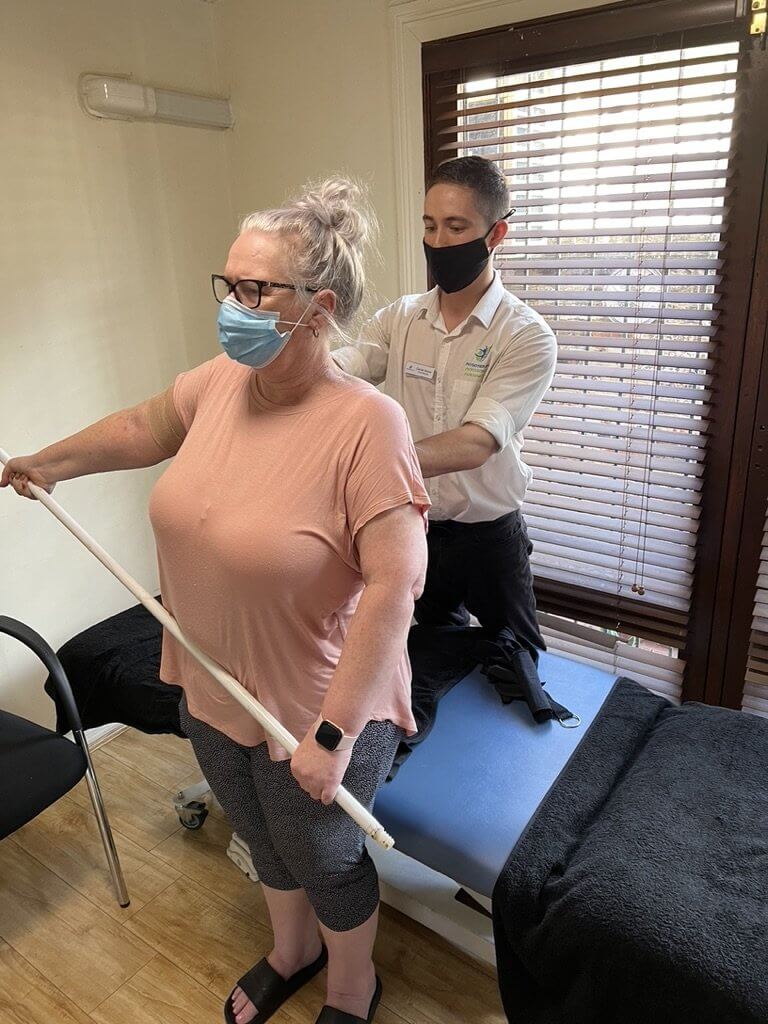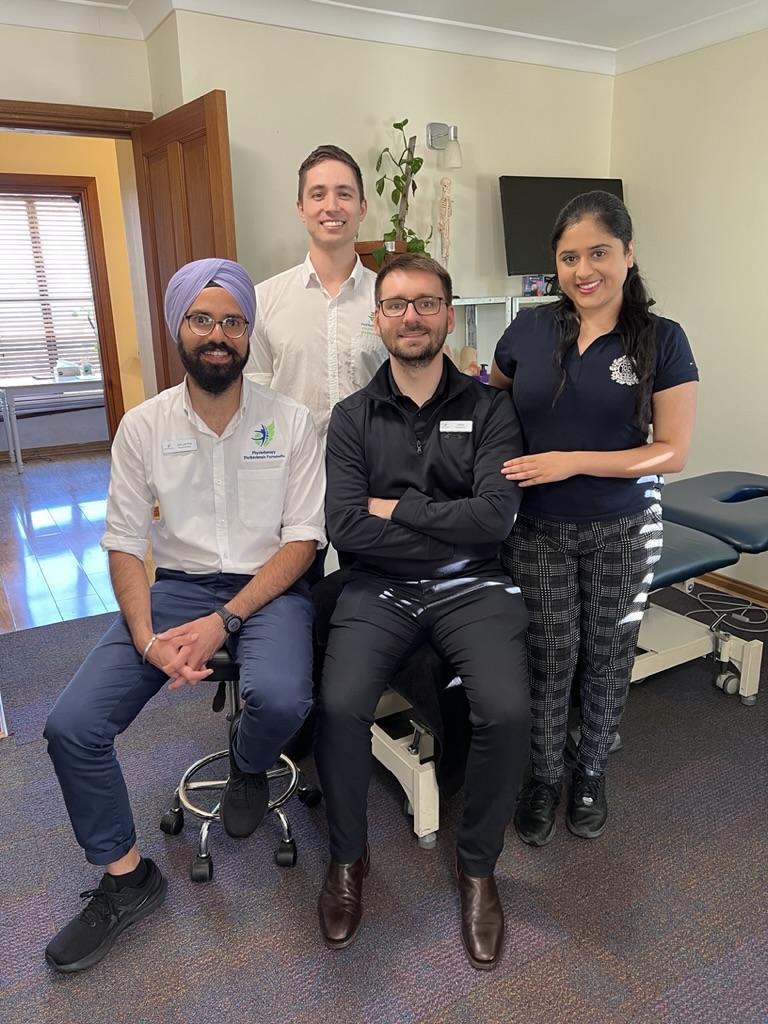Shoulder Injury After A Motor Vehicle Accident (CTP Claim)

Shoulder Injury After A Motor Vehicle Accident (CTP Claim)
Shoulder injuries can occur after a motor vehicle accident (MVA) due to the sudden impact, rapid movement, or contact with the steering wheel, seatbelt, or other objects within the vehicle. Common shoulder injuries resulting from an MVA include shoulder sprains, strains, dislocations, fractures, and rotator cuff injuries. If you have sustained a shoulder injury following an MVA, it is important to seek medical attention promptly for proper diagnosis and treatment. Here is some general information about shoulder injuries after an MVA:
- Shoulder Sprains and Strains: The ligaments and muscles around the shoulder joint can be stretched or torn, resulting in sprains or strains. Treatment may involve rest, immobilization with a sling, pain management, physiotherapy exercises, and gradual return to normal activities.
- Shoulder Dislocation: The force of impact in an MVA can cause the shoulder joint to dislocate, resulting in intense pain and limited movement. Emergency medical care is necessary to relocate the shoulder joint. Following relocation, treatment may involve immobilization, pain management, physiotherapy, and strengthening exercises.
- Fractures: The shoulder bones, such as the clavicle (collarbone), humerus (upper arm bone), or scapula (shoulder blade), can fracture in a car accident. Treatment may involve immobilization with a cast or brace, pain management, and, in some cases, surgical intervention.
- Rotator Cuff Injuries: The rotator cuff, which consists of four muscles and tendons that stabilize the shoulder joint, can be injured in an MVA. This can include strains, tears, or impingement. Treatment may involve rest, pain management, physiotherapy exercises, and, in severe cases, surgery.
- Frozen Shoulder (Adhesive Capsulitis): In some cases, shoulder stiffness and limited range of motion can develop after an MVA. This condition, known as frozen shoulder, may require a combination of physiotherapy, stretching, pain management, and exercises to restore mobility and function.
The specific treatment for a shoulder injury will depend on the type and severity of the injury, as well as individual factors. It is recommended to consult with a healthcare professional, such as a doctor or orthopedic specialist, who can assess your specific condition, order appropriate diagnostic tests (e.g., X-rays, MRI), and develop a tailored treatment plan.
Physiotherapy is often a crucial component of shoulder injury rehabilitation after an MVA. A physiotherapist can assess your shoulder, provide manual therapy, design a personalized exercise program to improve strength, flexibility, and range of motion, and guide you through the recovery process. They can also provide education on proper posture, ergonomics, and techniques to prevent future injuries.
Following the prescribed treatment plan, attending follow-up appointments, and communicating any changes or concerns to your healthcare provider will help ensure effective care and support during your recovery.
Rotator Cuff Repair Surgery and Rehab
Rotator cuff surgery is often the last resort when all other forms of conservative treatment have not given much symptomatic relief. It is important to follow the surgeon’s post surgery protocol as there are specific healing times which need to be adhered to. Usually, the shoulder is given complete rest in a sling for the first six weeks post surgery. Followed by gentle passive range of movement exercises carried out by your Physiotherapist. The next stage is when the patient can start to move the shoulder as tolerated. See below:

Contact Us:
Do you need assistance with your Physiotherapy treatment? Experienced team of Physiotherapists with essential knowledge. You can call us anytime to have a confidential discussion with our expert Physiotherapists. For more information on how we can further assist you, please call our clinic number on 0479 080 800 or send us an email on [email protected] for further details. Our Physiotherapists are Medicare, NDIS, and Work Cover approved, specialising in injury management and rehabilitation to get you back on track.

Physiotherapy After A Car Accident
